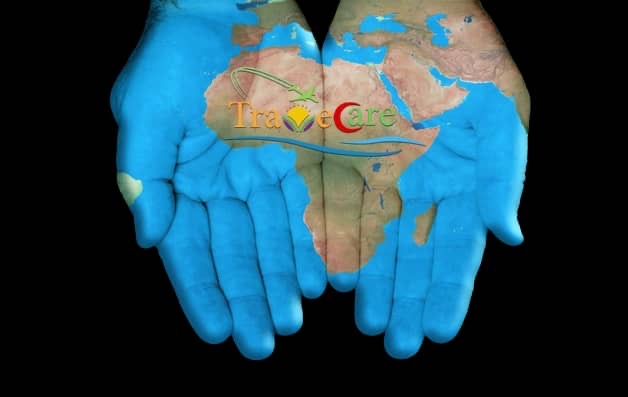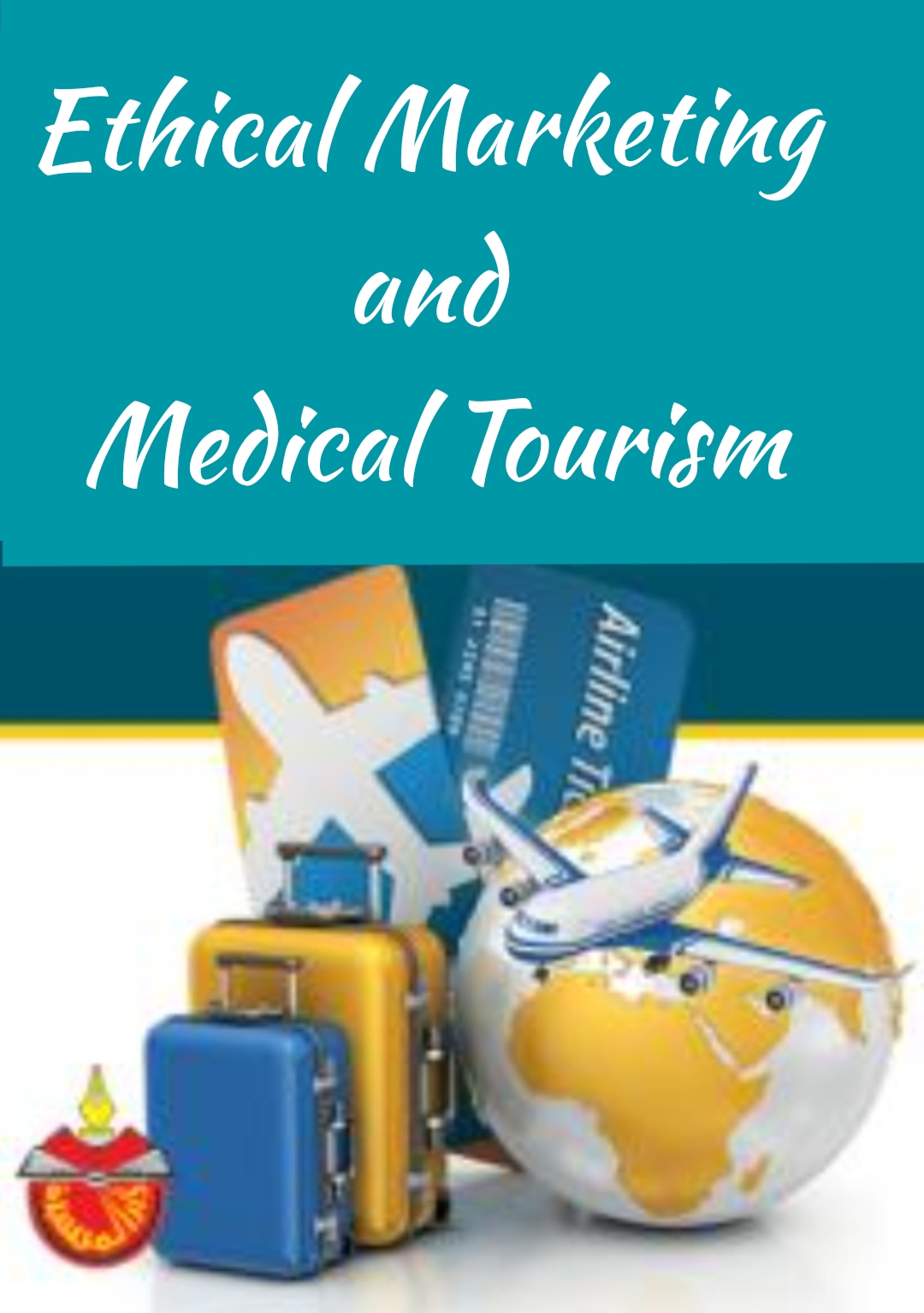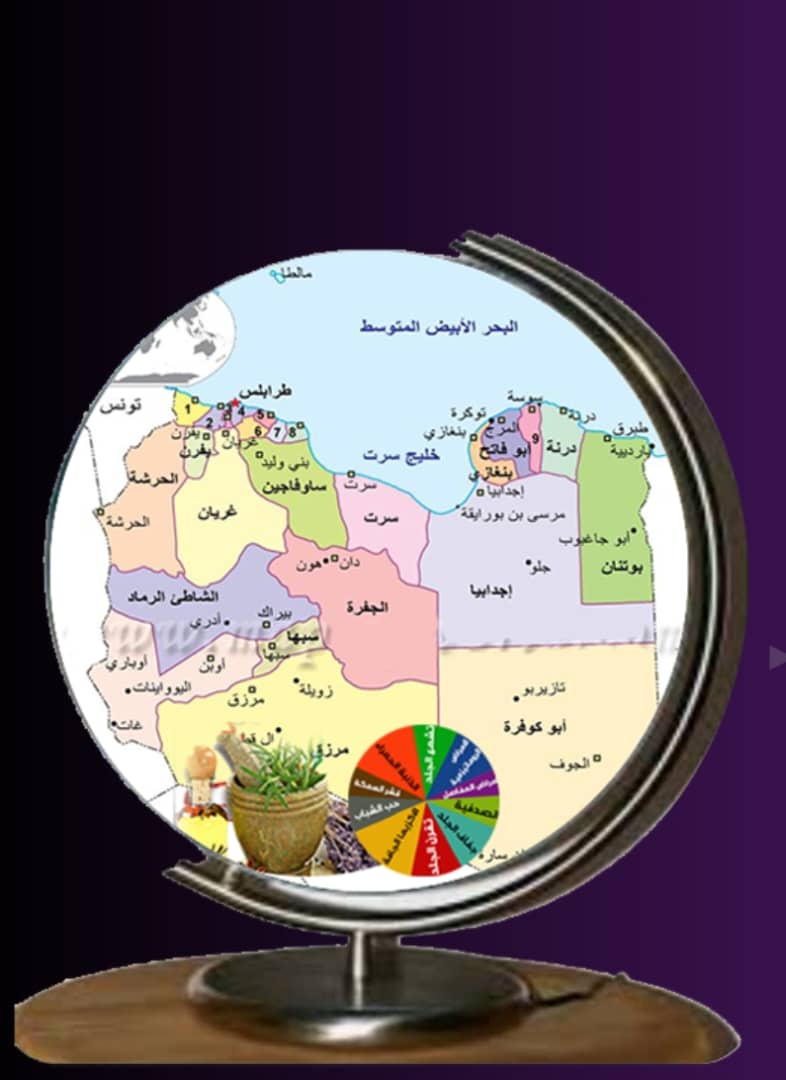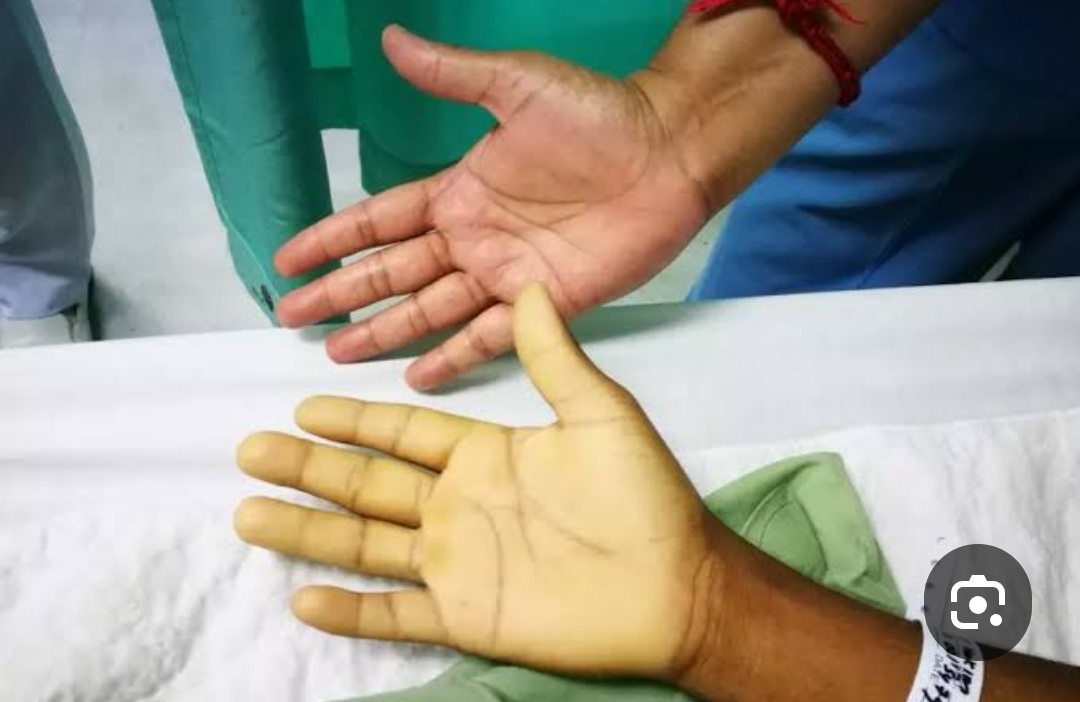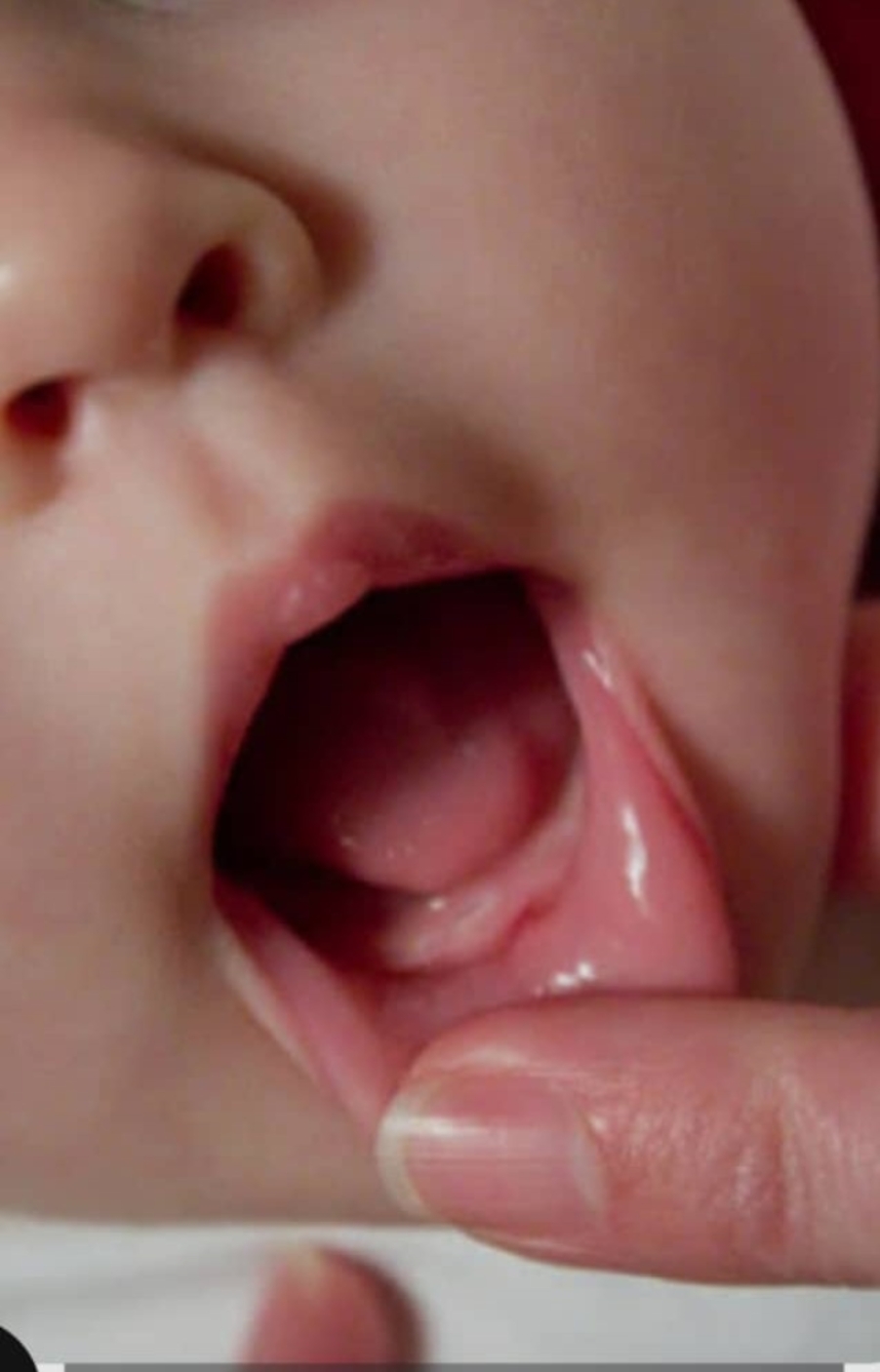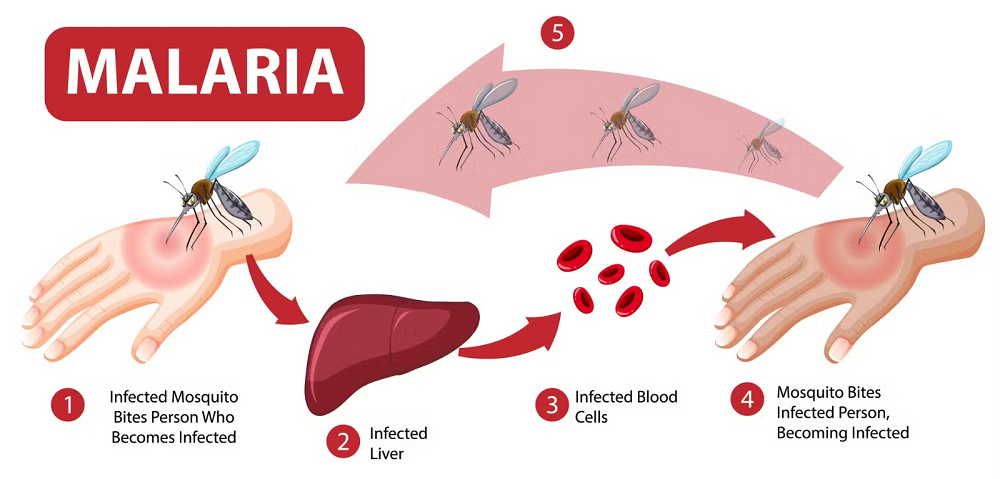Medical tourism patient... a guest, not a customer
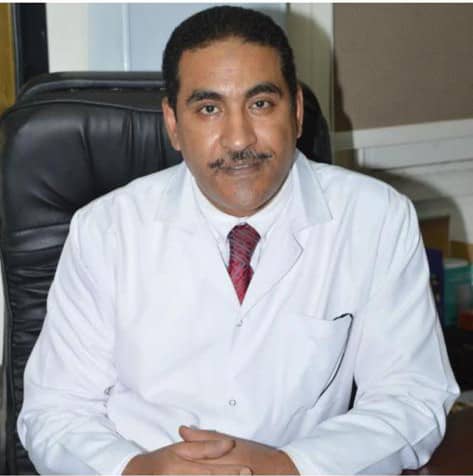
There is no doubt that for medical tourism to succeed in any place, many factors must be present to ensure the appropriate quality that satisfies the guest patients, both mentally and physically. The truth is, when we, as healthcare providers, strip down to our essential role of serving the most honorable creature on earth, the human being, who is God’s representative on Earth, our skills will evolve over time, and our income will increase both in quantity and quality.
Our skills in providing healthcare services should be preceded by our ability to offer proper hospitality to those coming for treatment or recovery. This is the responsibility of the doctor, alongside the nurses, technicians, and all the employees of the medical facility or health resort.
As for the person sitting in their office, merely watching numbers rise without paying attention to the quality of service or the development of their team’s skills, this is unlikely to last long. Worse still, they might decide to charge medical tourists significantly more than local patients, which is another disaster.
Smiling at our patients is a duty, treating them kindly as guests, not customers, is a duty, and offering them a drink is also a duty. Unfortunately, what is happening now in some medical facilities, and we all see and experience it, is that healthcare is treated as a mere business lacking the basic principles of humanity and sophistication, which include empathizing with the patients’ pain and not exploiting them.
I prefer the term “guest” over “client” because the first carries a warm, human touch that patients and their families need. Our profession is not a routine job but a high-level humanitarian service offered to people, and thus, it should be provided with full care and the appropriate welcome to the guests.
Furthermore, the service should be delivered with exceptional quality, precision, and excellence by a team that works with love, appreciation, and understanding of what they offer, to deliver it in the best possible way. We must teach our medical students and healthcare assistants the ethics and principles of the medical profession.
Today, you are a doctor; tomorrow, you might be a patient. How would you like to be treated? Remember this when you treat others. In my clinic in 2002, my secretary came to me and asked how much to charge a patient. I was surprised by her question and said, “The usual fee like everyone else, unless they are unable to pay, then no charge.” She said, “No, he’s a foreigner from such and such country.” My answer was the same: “He’s like everyo


